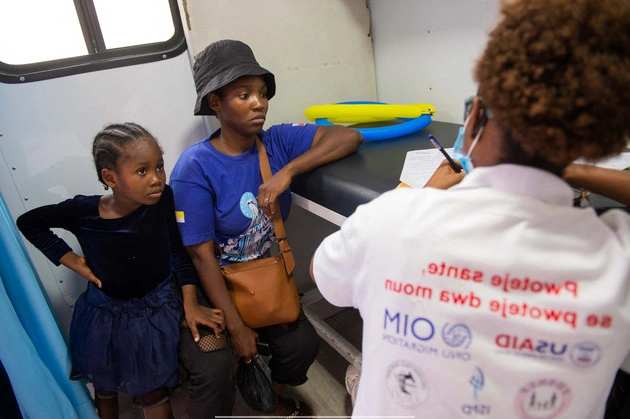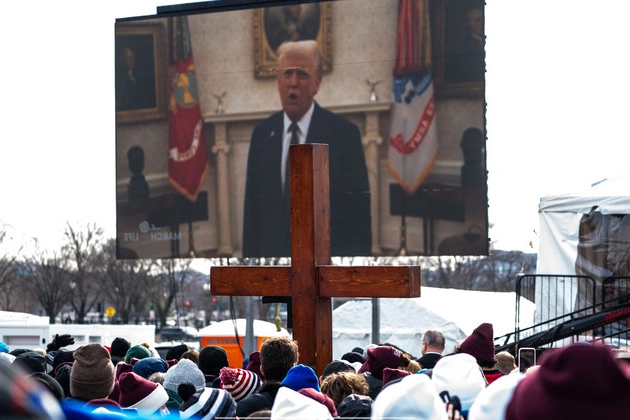
The Controversy Surrounding USAID and Elon Musk’s Stance
Tech mogul and Trump ally Elon Musk recently made headlines by calling for the dissolution of the U.S. Agency for International Development (USAID). In a bold statement, Musk referred to USAID as a ‘criminal organization’ and emphasized that it was time for the agency to cease its operations.
These remarks come in the midst of discussions within the Trump administration about potentially restructuring or eliminating USAID, a 64-year-old agency that has played a significant role in U.S. development aid efforts.
USAID’s Future Under Scrutiny
As debates intensify regarding the fate of USAID, various government officials have weighed in on the matter. Rep. Brian Mast (R-Fla.) suggested that USAID could be placed under closer supervision by Secretary of State Marco Rubio to ensure better oversight of development funding distribution.
The recent turmoil surrounding USAID escalated further when reports surfaced of clashes between USAID officials and members of the DOGE government efficiency group led by Elon Musk. These conflicts underscore the growing tension surrounding the agency’s future and its relationship with other government entities.
Implications of USAID’s Restructuring
The potential restructuring or dissolution of USAID raises significant concerns among lawmakers and experts. Some Democratic representatives have questioned the legality of unilateral actions to dismantle the agency, emphasizing the need for congressional approval for any major changes.
Furthermore, the decision to reduce USAID’s role could have far-reaching consequences for U.S. national security interests. Critics warn that such a move may create a vacuum that rivals like China could exploit in developing countries, potentially undermining America’s influence and strategic objectives.
The Path Forward
While the future of USAID remains uncertain, stakeholders from both sides of the political aisle are engaging in discussions to shape the agency’s fate. Bipartisan cooperation may be crucial in determining the best course of action to maintain America’s global standing and foreign aid effectiveness.
As the debate continues, former USAID officials and humanitarian organizations caution against hasty decisions that could disrupt vital aid programs and jeopardize the well-being of millions worldwide. The need for strategic reforms and thoughtful planning to uphold America’s soft power and humanitarian commitments remains paramount.















